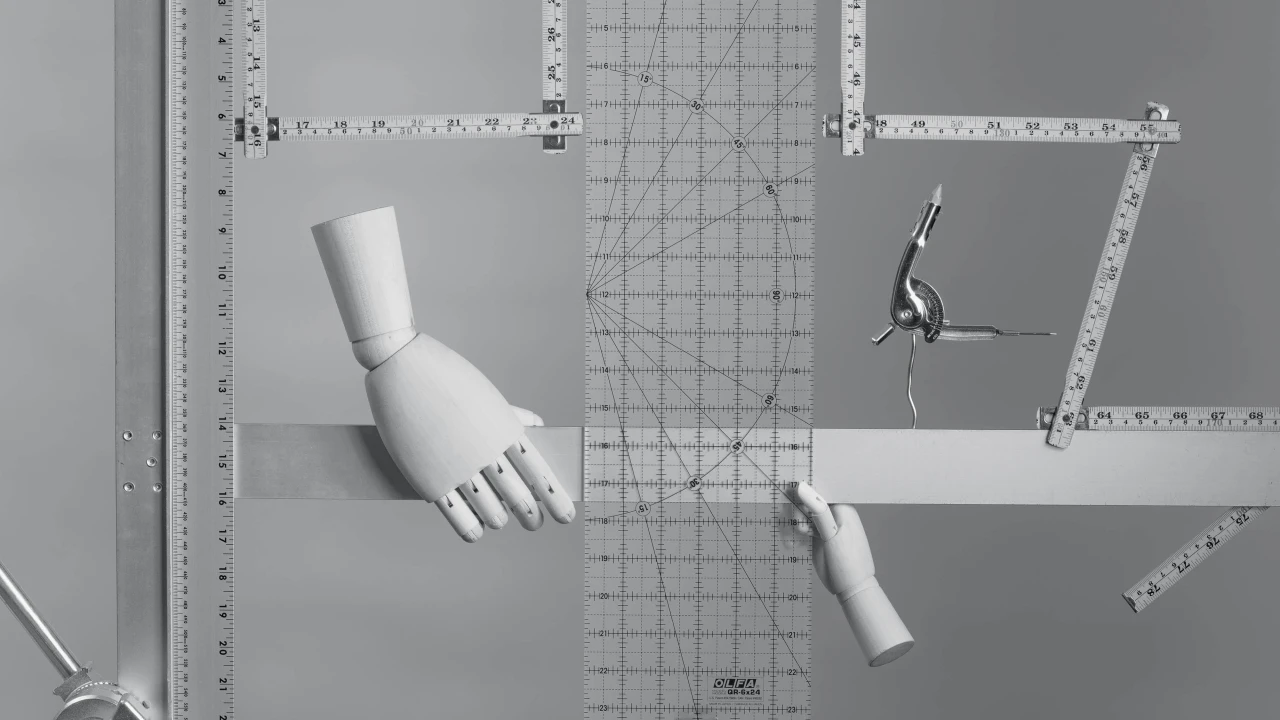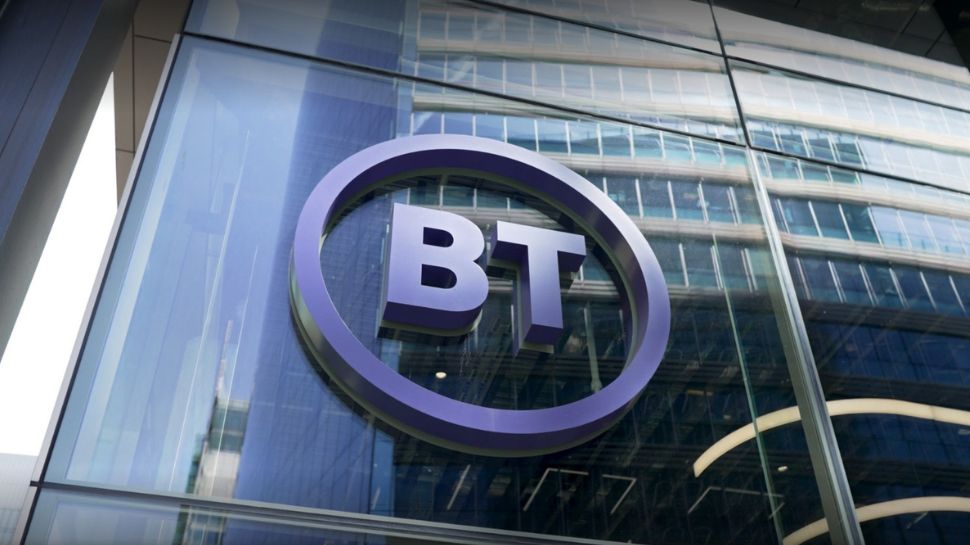One for the road: How Jackit aims to transform vehicle servicing
With the power of tech-enabled solutions, Thane-based Jackit is making vehicle servicing transparent, affordable, and accessible for millions.


A road trip turned into a near-death experience for Jitendra Sharma after his two-wheeler’s chain jammed twice. After the first incident, a local mechanic said he had replaced the chain socket and charged Rs 1,350, but in reality, he had merely refitted the old part. The second failure nearly led to a collision with an Innova. “That day, I realised it wasn’t about the money; I could’ve lost my life,” Sharma says.
The incident, which occurred in 2017, sparked the idea for a startup that would work towards resolving the problems plaguing India’s vehicle servicing ecosystem. Sharma registered the startup’s name, Jackit, when he was preparing for his final exam for his chartered accountancy course at the Institute of Chartered Accountants of India.
Sharma and his Co-founder, Devendra Didwanai, both 33, found that more than 80% of vehicle owners avoid authorised service centres due to high costs, distances, and long wait times. But local garages, though cheaper, often lack quality control processes and transparency.
It was to bridge this gap that the duo launched Jackit in October 2018; the startup officially started operations in late 2019.
The name Jackit is a portmanteau, combining the words “jack”, a tool used to lift heavy loads, and “IT”, for information technology. Together, they represent a tech-enabled lifeline for vehicle repairs.
One-stop service centre
Thane-headquartered Jackit started by connecting users to authorised service centres and local garages. However, the founders soon realised that issues and consumer dissatisfaction remained across the board. “We found that customers were unhappy in either case. Most opted for the cheaper local option, even if it meant poor service,” says Sharma, the CEO.
This led to a shift in Jackit’s business strategy. In 2022, the founders decided to create a servicing ecosystem that offered the quality of authorised stations, with the accessibility and affordability of local garages. Jackit now operates as a one-stop service centre offering maintenance, driving lessons, licensing help, vehicle buying and selling advice, and even vehicle deregistration.
“We have served around 4,000 customers, with nearly 80% being repeat users,” says Sharma, adding that many customers return not just for maintenance, but also for licensing, registration changes, and even fine payments.
But vehicle servicing forms the core of Jackit's operations, and the startup runs a service station in Mira-Bhayandar. Currently, Jackit’s serviceable range is within 20 kilometres of its service centre. It offers doorstep vehicle pick-up and drop-off services within this radius. The team plans to launch a mobile application by September 2025. “The app is still in beta,” Sharma said. “We’re also integrating AI that will help users diagnose vehicle issues through sensors and onboard chips, useful for both traditional and electric vehicles.”
Two-wheeler servicing averages at Rs 1,600; four-wheeler servicing starts at around Rs 7,000. Additional revenue comes from commissions: 50% on third-party insurance, 10–15% on first-party insurance, Rs 500 for licence renewals, and Rs 1,000 for new licences. Driving lessons are run from the service centre. Going forward, challan payments will be integrated into the app.
Jackit plans to expand via a franchise-owned, company-operated model, with new centres scheduled to open in Thane and either Dahisar or Borivali by July 2025.
The startup also has plans to tie up with OEMs (original equipment manufacturers) and authorised parts distributors to ensure quality control in spare parts. “If Jackit can set up 10,000 centres across India, we can support both users and EV or auto companies in post-sales services without them having to build their networks,” Sharma says.
Jackit currently has a six-member team, including the two co-founders, three skilled mechanics, and an accountant.
Challenges and the road ahead
Early on, Jackit struggled with people confusing it for just another local garage. “But we built trust once customers tried us and saw the transparency in WhatsApp updates, before-and-after photos, and service history,” Sharma said.
Jackit aims to open 25 centres by the end of 2025. “The Indian vehicle servicing market will grow to $166 billion by 2030,” says Sharma, adding that the startup aims to capture 1% of that.
The franchise model requires an initial investment of Rs 13–15 lakh, with Rs 2 lakh as the franchise fee and the rest being used as setup costs, basic inventory, staffing, and running expenses for four months. Franchise owners will keep 60% of the revenue, while Jackit will take 40%, Sharma says.
Jackit is bootstrapped with 20 lakh of the founder’s investment. The founders have reported a revenue of Rs 35 lakh in FY25 from their single service station, valuing the company at Rs 1.2 crore.
However, Sharma confirms that the startup is in talks with three investors, including an HNI from Dubai and two angel investors. “We expect to close our first funding round within 90 days,” he says.
As of now, Jackit is focused on Maharashtra, with plans to expand nationwide in phases. “Our goal is to have a Jackit centre every three kilometres across India,” Sharma says. “We’re creating a reliable, standardised network for people who find vehicle servicing tough, especially when they move to a new place.”
Edited by Jyoti Narayan




























































































































































































